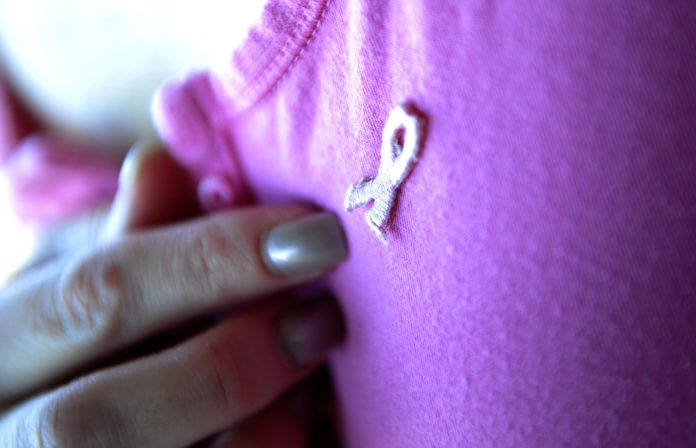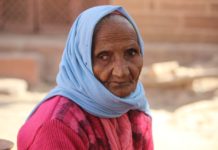
Study shows higher levels of Vitamin D associated with reduced breast cancer risk
Higher levels of Vitamin D are associated with reduced breast cancer risk.
An epidemiological study by researchers at University of California San Diego School of Medicine has revealed this association. The study has been published in PLOS ONE. It is a collaboration between Creighton University, Medical University of South Carolina and GrassrootsHealth, an Encinitas-based nonprofit organization that promotes vitamin D research and its therapeutic benefits.
The scientists pooled data from two randomized clinical trials with 3,325 combined participants and a prospective study involving 1,713 participants to examine the association. Vitamin D is a fat soluble vitamin found in fish liver oils, egg yolk and other animal sources. The body is capable of synthesizing vitamin D but exposure to sunlight is crucial.
All women were age 55 or older. The average age was 63. Data was collected between 2002 and 2017. Participants were free of cancer at enrollment and were followed for a mean period of four years. Vitamin D levels in blood were measured during study visits.
“Increasing vitamin D blood levels substantially above 20 ng/ml appears to be important for the prevention of breast cancer.”
Over the course of the combined studies, 77 new cases of breast cancer were diagnosed for an age-adjusted incidence rate of 512 cases per 100,000 person-years.
Serum 25-hydroxyvitamin D (25(OH)D) concentration was chosen as the marker because it is the main form of vitamin D in blood.
“We found that participants with blood levels of 25(OH)D that were above 60 ng/ml had one-fifth the risk of breast cancer compared to those with less than 20 ng/ml,” said principal investigator and co-author Cedric F. Garland, DrPH, adjunct professor in the UC San Diego Department of Family Medicine and Public Health. Risk of cancer appeared to decline with greater levels of serum vitamin D.
Said first author Sharon McDonnell, an epidemiologist and biostatistician for GrassrootsHealth, “Increasing vitamin D blood levels substantially above 20 ng/ml appears to be important for the prevention of breast cancer.”
Garland, who has previously studied connections between serum vitamin D levels and several types of cancer, said the study builds upon previous epidemiological research linking vitamin D deficiency to a higher risk of breast cancer. Epidemiological studies analyze the distribution and determinants of health and disease, but it has been argued that they do not necessarily prove cause-and-effect.












